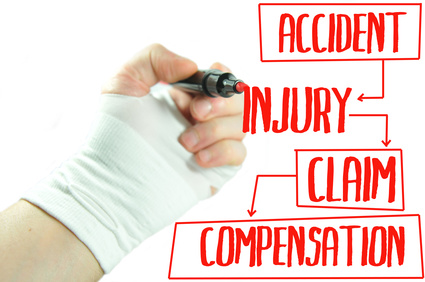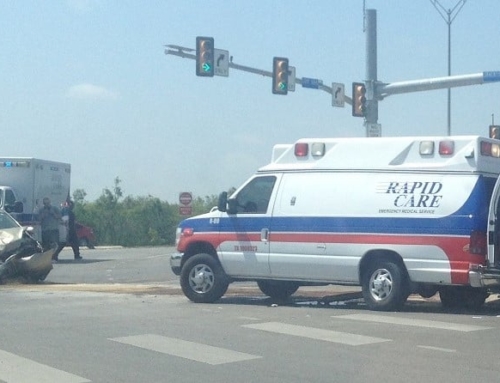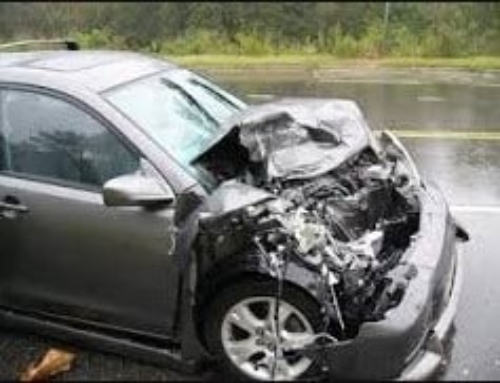For those injured in a Texas car accident as a result of the negligence of another driver, there are specific elements you must prove in order to be entitled to recover for your injuries. While bodily injury is an element, simply being hurt isn’t sufficient to have a valid claim – you must also prove that the other person is liable for your injuries.
In order to prove liability in a Texas automobile accident case, the injured party must demonstrate that the other driver was “negligent,” and that this negligent behavior or action caused the accident that led to the injuries.
But that’s not all, there are three things in all a person injured in a Texas automobile accident must prove three specific things:
1. Negligence – In Texas, someone is considered to have acted negligently when they do not act as a reasonable person would in the same or similar circumstance. Generally speaking, following traffic laws and keeping proper distance are all expected from a “reasonable person.”
In fact, the “reasonable person” standard is really just good old common sense. Things like watching where you’re going, not following too closely, following traffic signs, and not drinking and driving are all part of the “reasonable person” standard. However, negligence by itself does not give rise to a personal injury claim.
In Texas, you must also show the other party’s negligence was the “proximate cause” of your injuries, and that you suffered damages.
2. Proximate Cause – Simply put, this means that the person’s negligence actually led to your injuries. For example: If you were in a car accident on Monday. On Tuesday you hurt your back playing soccer, and on Thursday you went to the doctor complaining of back pain. In this example you would have a hard time proving that the other driver’s negligence was the proximate cause of your injuries.
Why? Because there was another event more closely related to your injury (intervening cause) that could have caused your injury. The final thing you must show is that you suffered damages. 3. Damages – Basically, this means that you must have suffered some type of injury. You could be in a terrible accident, and your car may be totaled, but if you walk away unscratched, you don’t have a personal injury claim.
To have suffered damages, you must have either paid, or incurred, things like medical bills, lost wages, and pain and suffering, etc.
If you’ve been injured in a car accident, and are not sure whether or not you have a case, you should discuss the matter with a qualified San Antonio car accident lawyer.





